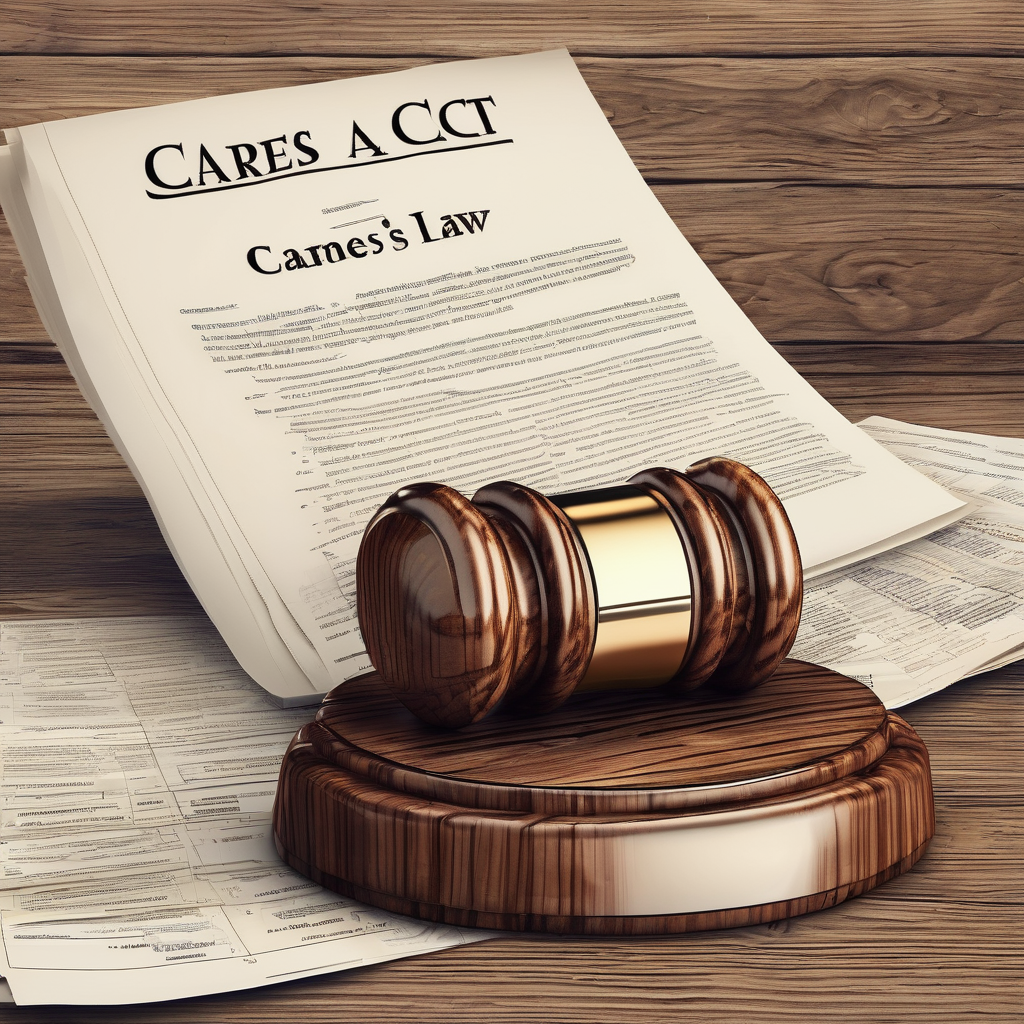Former Baltimore City State’s Attorney Marilyn Mosby and federal prosecutors have both requested a rehearing following a recent ruling by the U.S. Court of Appeals for the Fourth Circuit. The appeals panel upheld Mosby’s perjury convictions but overturned her mortgage fraud conviction, sparking calls for further clarification on both sides.
The legal battle originates from Mosby’s withdrawal of $90,000 from her retirement savings during the COVID-19 pandemic. She claimed “adverse financial consequences” under the 2020 CARES Act to gain tax advantages, subsequently using the funds to purchase two properties in Florida. However, her representation of the funds as needed due to financial distress was challenged, particularly since they were used for property investments.
A split decision by a three-judge panel led to the perjury convictions being upheld. Judges Stephanie Thacker, G. Steven Agee, and Paul Niemeyer determined that Mosby’s actions did not align with the intended relief under the CARES Act. Conversely, the panel overturned the mortgage fraud conviction, citing improper venue as Maryland court was not adequately established for this case. Judge Niemeyer disagreed with this reversal, asserting that Maryland was indeed the appropriate venue.
Mosby’s defense now argues that the phrase “adverse financial consequences” lacked clarity, leaving a potential gap in statutory language which could affect the uniformity of law enforcement. They insist that Mosby’s use of the funds for real estate purchases should not detract from the legitimacy of the initial withdrawal under the CARES Act. The motion warns of broader implications, emphasizing the importance of statutory clarity, prosecutorial boundaries, and trial fairness.
Simultaneously, federal prosecutors maintain that the mortgage fraud conviction should be reinstated. They contend that Maryland was a suitable venue and called for the reevaluation of an outdated 1938 opinion, arguing that the legal precedent for the venue in cases involving false statements should be modernized. Specifically, they highlighted a discrepancy in judging the location of the false statement’s relevance, pushing for Venus regulations to be reconsidered.
This legal quandary underscores the ongoing challenges in defining the proper scope of financial regulations and judicial proceedings. Moving forward, a full rehearing by the Fourth Circuit could shape how undefined statutory terms are interpreted, potentially impacting broad legal practices in prosecutorial decision-making and statutory applications nationwide.
